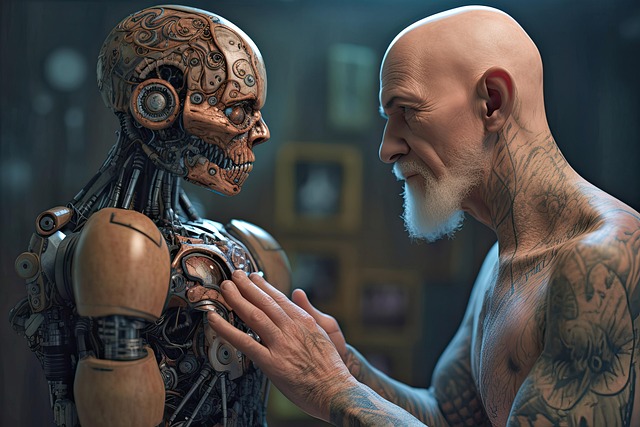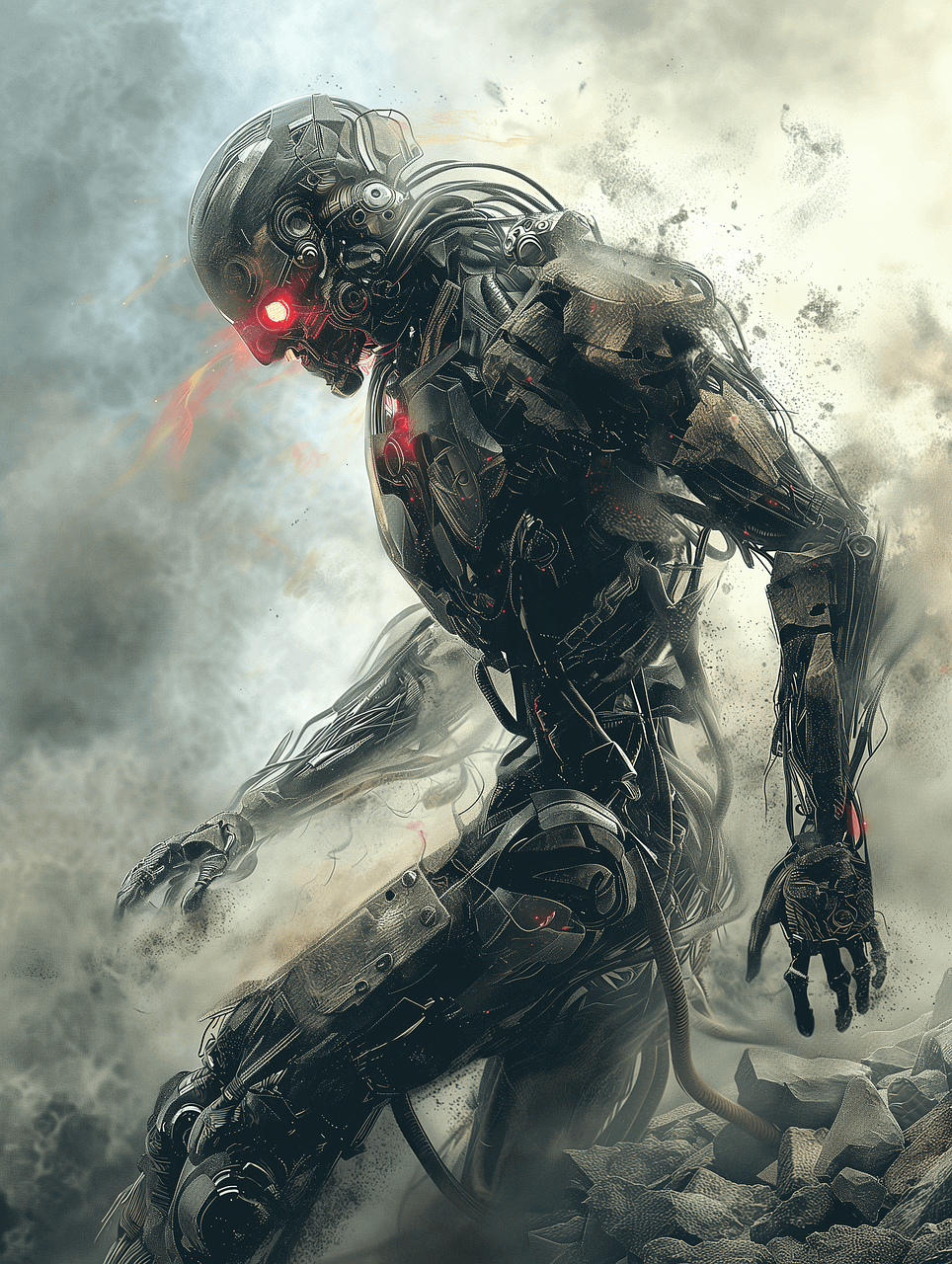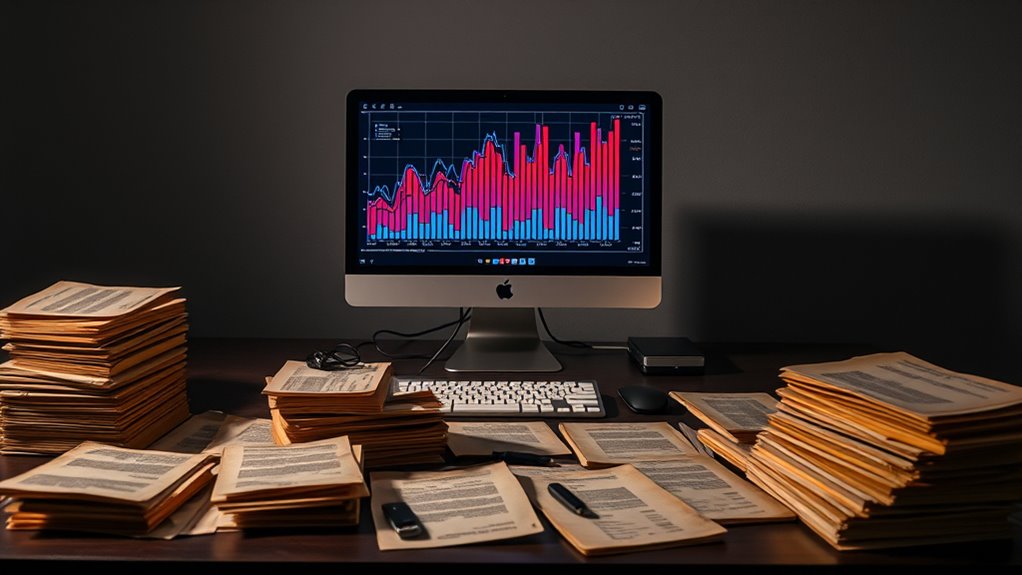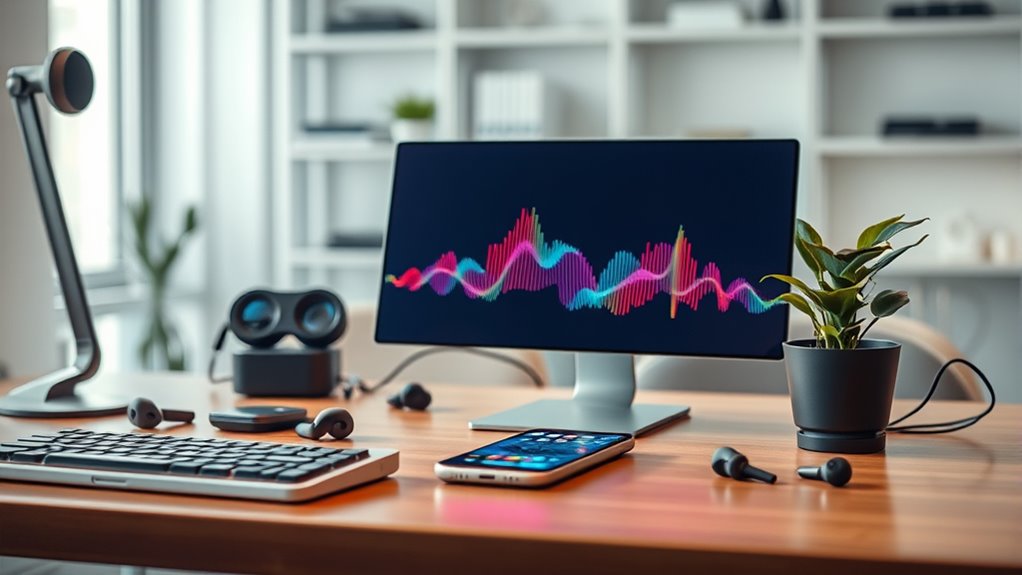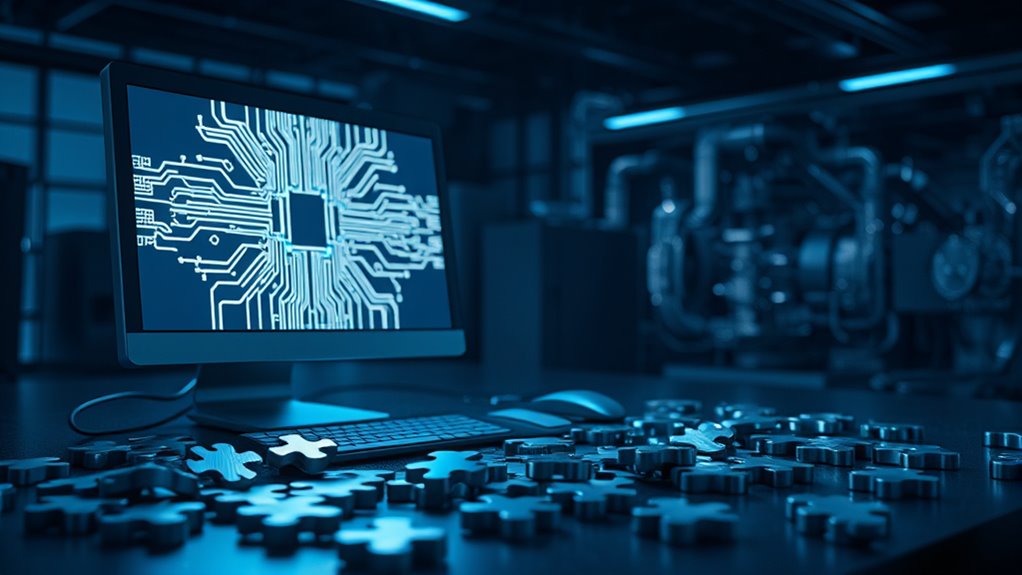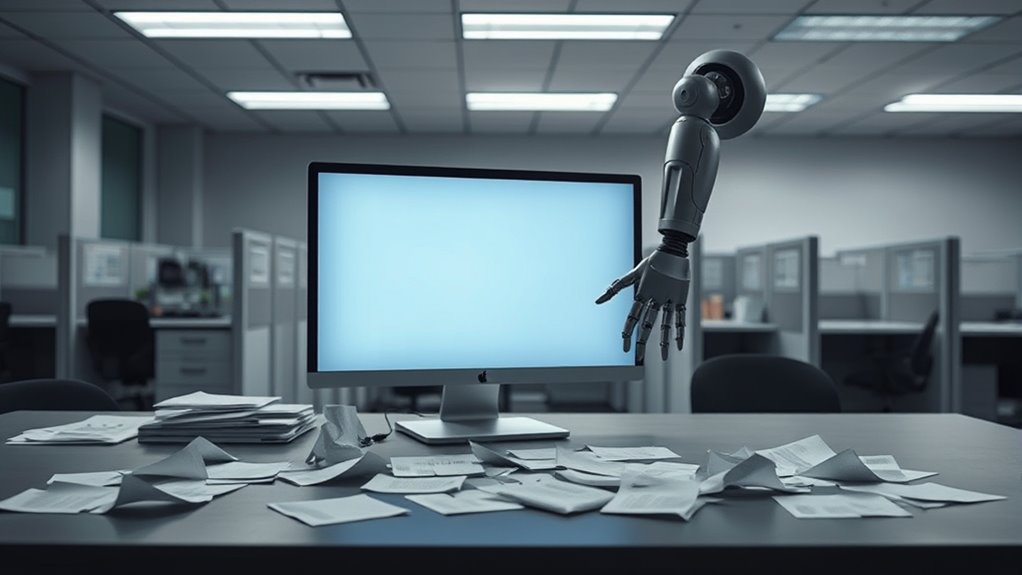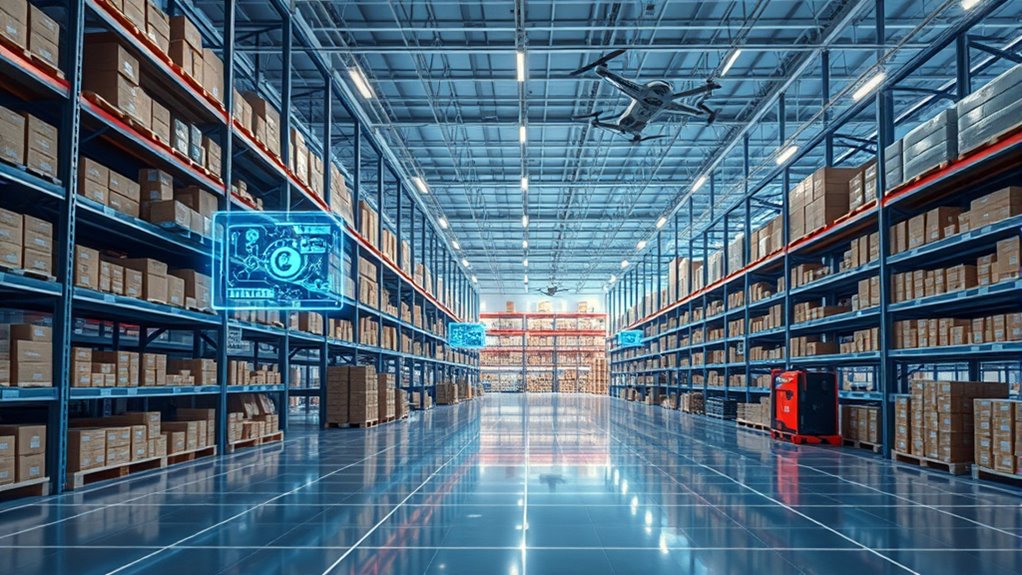Is AI just another bubble waiting to burst? Many experts are asking this question as the excitement around artificial intelligence, or AI, grows. The AI boom looks a lot like past market bubbles, such as the dot-com bubble of 1999. Back then, people poured money into internet companies with big dreams but little profit. Today, AI companies like OpenAI are getting huge valuations despite losing money. This pattern of hype and high investment feels very familiar.
Looking at history, the dot-com era and the AI boom share a similar story. Both are driven by the idea of new, game-changing technology. Investors get caught up in the promise of future success, not current earnings. Just like in the late ’90s, AI companies are valued using unusual measures. Instead of traditional profits or sales, things like model complexity or online popularity are used. These new metrics make it hard to know if the companies are really worth their price tags. Additionally, the rise of AI is creating new career paths that could influence economic stability if the bubble bursts.
Economic signs also raise concerns. Many AI firms show big losses even with sky-high valuations. The excitement in the market is pushing stock prices up, especially for tech companies. This enthusiasm can spread to other stocks too, making the whole market seem hotter than it might be. If AI stocks fall, it could shake investor trust and cause wider problems, maybe even globally. Current market concentration, with top tech stocks dominating nearly 40% of market capitalization, heightens this risk top tech stocks. Additionally, historical comparisons to past infrastructure bubbles, like telecommunications, suggest that massive investments in AI could lead to stranded assets if demand doesn’t match expectations stranded assets.
The risks aren’t always clear to everyone. Investors might overlook dangers because of all the hype around AI. They’re betting on long-term growth rather than short-term gains. This speculative behavior mirrors what happened during the dot-com bubble. Back then, many lost money when the bubble popped, and a similar correction could happen with AI if valuations get too far from reality.
The impact of a potential AI bubble bursting could be big. Tech stocks have seen huge growth this year, and AI is a major part of that. If things go south, it might not just hurt AI companies. It could ripple through the market, affecting many other areas.
For now, the AI boom continues, but history suggests caution is worth keeping in mind.

